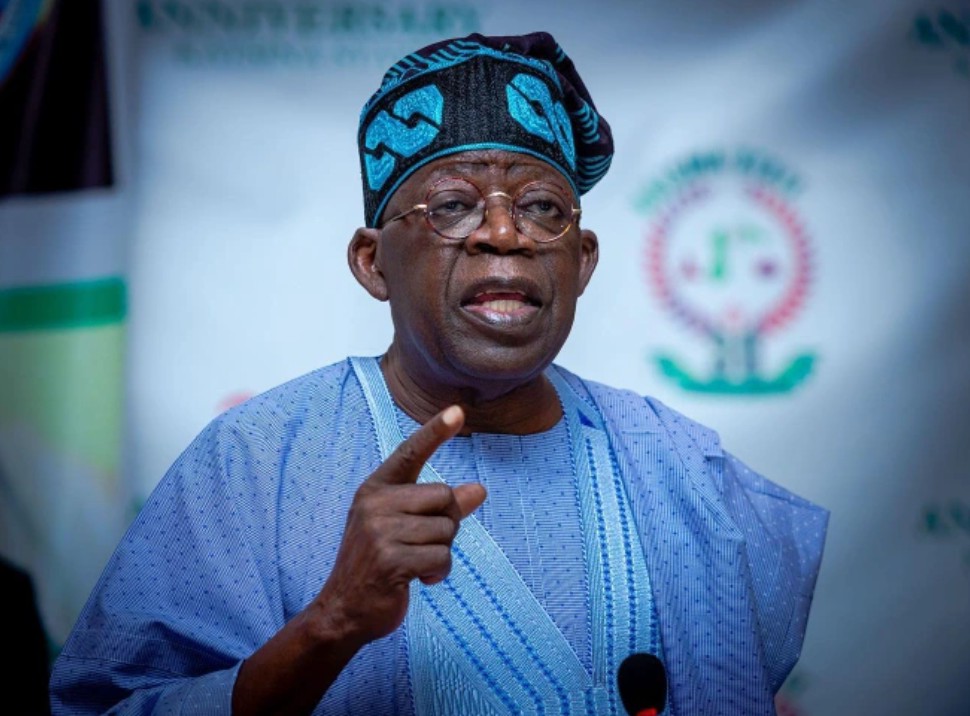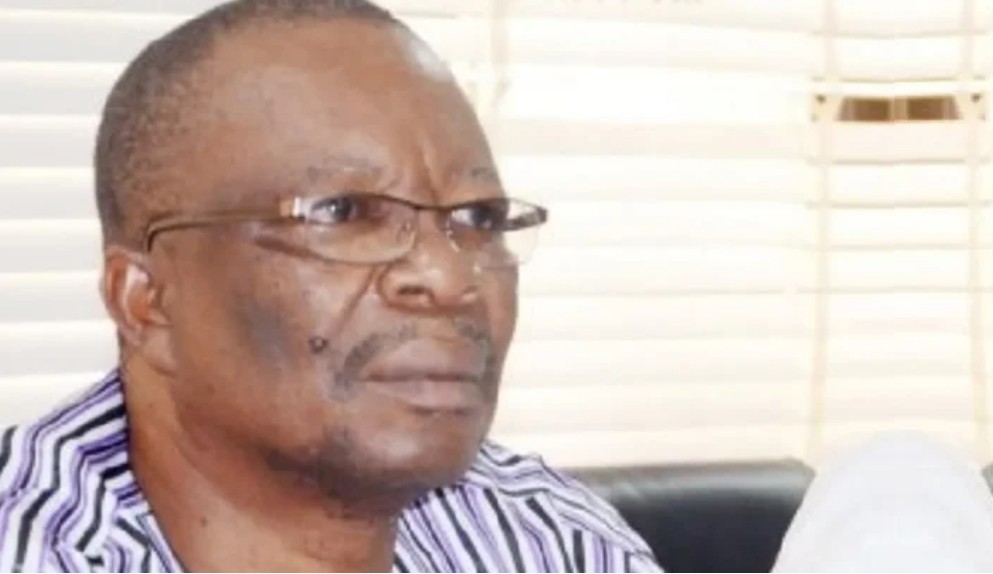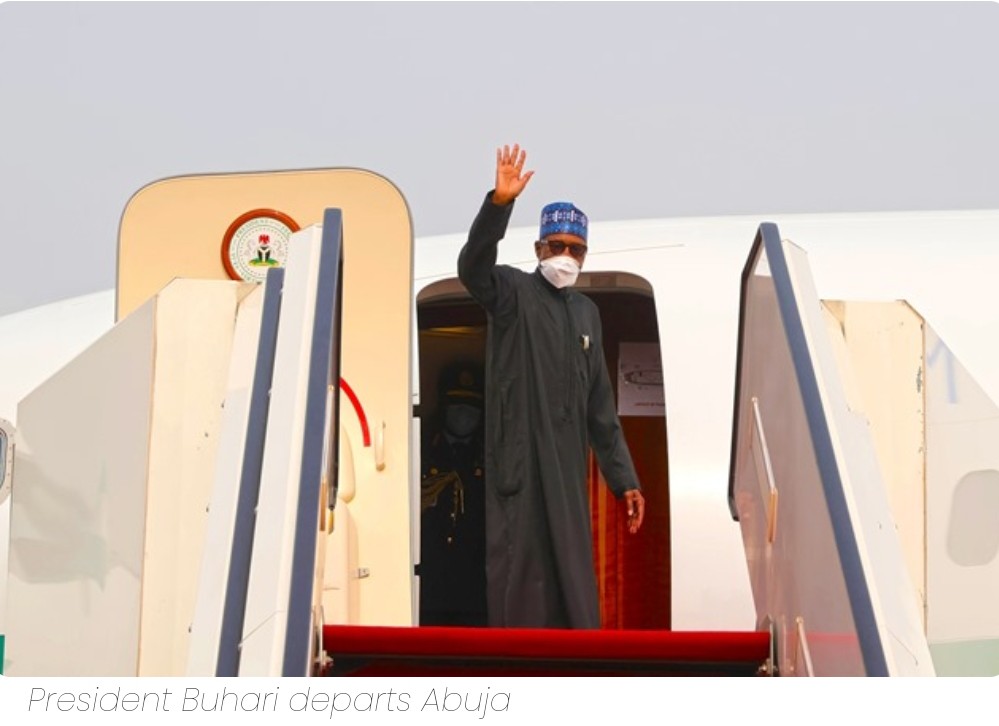Home > News > Nigerians Face Increasing Visa Restricti...
Nigerians Face Increasing Visa Restrictions in UK, US, Canada, UAE, and Others
By AnchorNews | 10 Jul, 2025 05:51:01am | 91
.jpeg)
Nigerian travelers are encountering growing visa hurdles in multiple countries, including the United States, United Kingdom, Canada, and the United Arab Emirates (UAE), as global immigration policies tighten amidst rising protectionism and national security concerns.
Several nations have cited issues such as economic sustainability, national security, public health, and the need to curb visa overstays as key reasons for these sweeping immigration reforms. The policy changes are largely aimed at reducing migration volumes and aligning visa rules with domestic interests.
US Reduces Visa Validity for Nigerians
Just two days ago, the United States government introduced a new visa policy reducing the duration of non-immigrant and non-diplomatic visas issued to Nigerians to a single-entry visa valid for three months. This is the latest in a series of policy shifts under the current administration targeting visa issuance, including stricter rules for student visas and enhanced social media screening.
Reacting to this move, Nigeria’s Ministry of Foreign Affairs confirmed that diplomatic efforts are underway to resolve the issue. In a statement signed by ministry spokesperson Imomotimi Ebienfa, the government urged the US to reconsider its decision in the spirit of partnership and shared responsibility.
UAE Enforces Stricter Entry Requirements
In a related development, the UAE recently imposed new restrictions on Nigerian visitors, including a ban on transit visas and tighter tourist visa conditions. Nigerian applicants aged between 18 and 45 are now ineligible for tourist visas unless traveling with family or as part of a group. Applicants above 45 must present a personal bank statement showing a minimum balance of $10,000 over six months.
These new rules are expected to significantly reduce Nigerian travel to Dubai, a popular destination for both tourism and business. Travel agents are urging Nigerians to take note of the updated requirements, which include hotel reservations and detailed financial documentation.
Canada Raises Settlement Fund Requirements
The Canadian government has also revised its immigration requirements. As of July 7, 2025, applicants through the Express Entry system must now show proof of funds totaling at least ₦17 million (CAD $15,263), up from CAD $14,690. A two-person household must demonstrate access to at least ₦21.2 million (CAD $19,001).
Applicants are required to submit official letters from their banks to confirm access to the stated amounts. Candidates must update their proof of funds by July 28, 2025, or risk being disqualified from the Express Entry pool. These changes are part of Canada’s broader strategy to reduce the influx of international students and temporary workers to less than 5% of the population by 2027.
Saudi Arabia Suspends Blockwork Visas
Saudi Arabia recently suspended blockwork visa quotas for Nigeria and six other African countries, including Egypt, Algeria, Sudan, Ethiopia, Tunisia, and Morocco. The decision, which coincided with the 2025 Hajj season, is part of efforts to better regulate inbound labor during peak pilgrimage periods.
Although temporary, the suspension affects both new and pending temporary work visa applications and aligns with the Kingdom’s Saudization efforts to prioritize local employment.
UK Introduces Digital eVisas for Nigerian Applicants
From July 15, 2025, most Nigerians applying for UK study or work visas will receive digital eVisas instead of traditional visa stickers. The British High Commission in Abuja confirmed this transition as part of the UK’s move toward a fully digital immigration system.
Successful applicants will receive an email directing them to create a UK Visas and Immigration (UKVI) account through which they can access their eVisa. The new system is expected to enhance security, speed up processing times, and reduce paperwork.
Applicants must still attend a Visa Application Centre to provide biometric data. For now, dependents and other visa categories, including visitor visas, will continue to receive physical visa vignettes.
Mixed Reactions and Diplomatic Efforts
While each country has the sovereign right to implement immigration policies, these developments have raised concerns about their disproportionate impact on Nigerians—especially students, professionals, and business travelers.
Nigeria’s Ministry of Foreign Affairs reiterated its commitment to diplomatic engagement aimed at securing fair treatment for its citizens. Analysts have noted that the recent wave of restrictions reflects broader geopolitical trends, including economic protectionism, strained bilateral relations, and domestic pressures in destination countries.
As global immigration rules continue to evolve, experts are advising Nigerian travelers to stay informed, comply with new requirements, and prepare accordingly to avoid disruptions.

Leave a Reply
Your email address will not be published. Required fields are marked *
Category
.jpeg) Interviews
Interviews Politics
Politics News
News Entertainment
Entertainment Crime & Security
Crime & Security Religion
Religion  Health
Health Education
Education  Business & Economy
Business & Economy Sports
Sports  Opinion
Opinion Technology
Technology Culture & Tourism
Culture & Tourism